Katie Pruitt shares a few links with another featured artist this month [see our Early James piece from this issue] including being one of our recent “Elixir Strings Artists of the Month.”
We recently had a chance to sit down with Pruitt to discuss her background, her songwriting, the state of her career at the moment and what it meant to see representation in music as an impressionable young songwriter.
I know originally you’re from the Atlanta area, is that right?
Yeah, I grew up in the Atlanta suburbs and stated playing guitar as a hobby to get me through high school and ended up learning a bunch of covers with my best friends. We’d skip class and play guitar all day. That was the start of my love with the guitar.
I went to Athens, Georgia and played open mics there and moved to Nashville mid-way through college and yeah…I kind of started writing songs about my life. They became this way for me to express myself. That’s where it all started.
What got you into guitar? Did you have a musical family?
My mom played guitar in church, which was kind of boring [laughs]. But I was always around guitar for that reason. She bought me a guitar and taught me the basic chords…I started getting lessons in middle school with this teacher, like one or two lessons, he taught me some barre chords and a few Green Day songs, that was my vibe at the time [laughs].
I’d say starting in high school I started getting more interested in guitar players. At the time Dave Matthews was big…I tried to challenge myself to play [his songs]. John Mayer was [big] – you learn one John Mayer song and you’ve learned like 26 new chords – that was informative as a young player. Jimi Hendrix…I was just fascinated by electric guitar.
Were you mostly self-taught?
Yeah, I was mostly self-taught, I just looked up tabs and went from there. It’s nice to grow up in a time when you can literally look up any song you want to know and learn it [right away]. It’s great, and that’s still how I learn. I’m learning all the time.
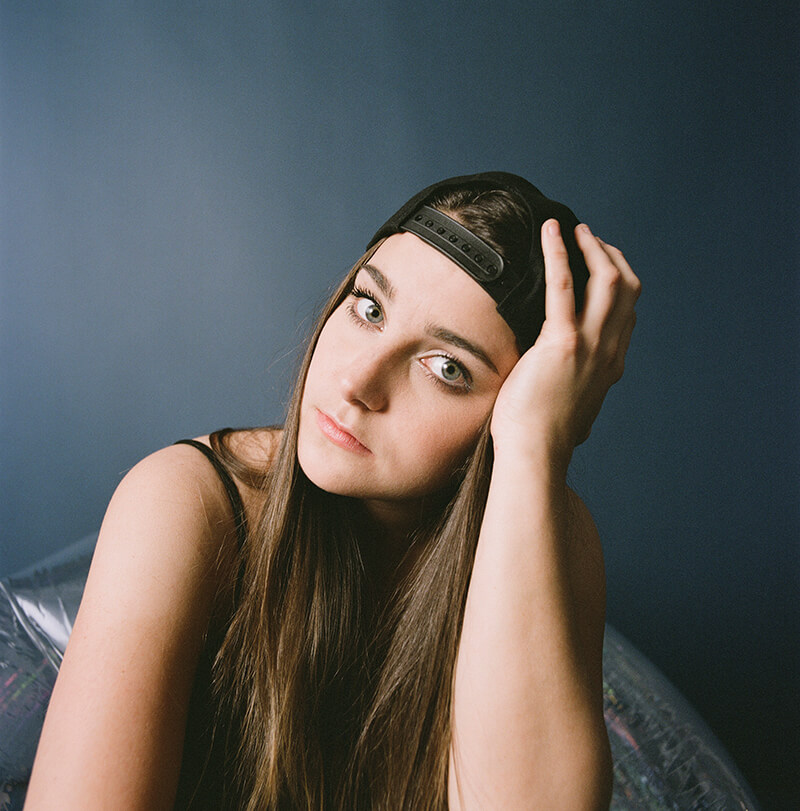
KATIE PRUITT
Was there a point where you were leaning to play and it clicked that you wanted to move on to your own songwriting?
Yeah – again, it was in high school, I was covering a bunch of songs and decided, ‘Man, how hard could this be to write my own songs?’ So I just started writing my own songs and showed them to my friend Teddy, who I played guitar with, and he was like, ‘Who’s that by?’ and I’d say, ‘Oh, no, I wrote that.’ And he would be like ‘Are you kidding me?’
I thought, and still think, anybody can write a song, but I had a huge interest in it from the minute I started studying how songs are put together, song structures…it was exciting to me.
I’d like to talk about the country influences that creep into your songwriting.
It was when I moved to Athens for college, it was right around the time that the Avett Brothers were getting big and I started thinking about songs not only as having to play all these complicated chords, but there was also this approach of ‘four chords and the truth.’
I really homed in on lyricism – looking back at people like Willie Nelson and bands like The Band, I remember covering ‘The Weight.’ There’s just so much to that approach to writing. Wilco…Jeff Tweedy is an absolutely amazing lyricist.
The base of the songs is the lyrics, and Tweedy does an amazing job of bringing you into what he’s saying, and that’s something I’ve always strived to do.
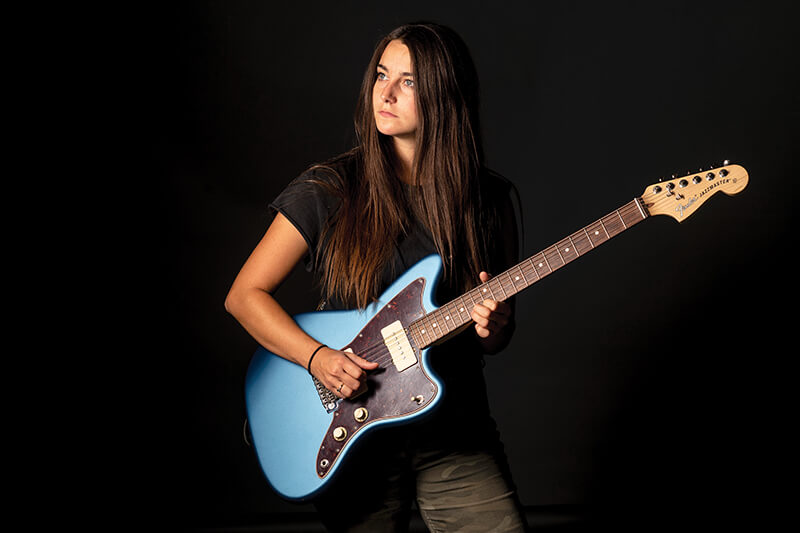
So, you’re in Atlanta, move to Athens, head to Nashville, and somewhere along the way you get signed to Rounder Records. Now, that’s a pretty huge leap – so how do we get there?
I was well out of college when I got signed to Rounder. I went to Belmont, started playing in a band and we start playing a lot of college parties. That was fun and…I don’t know. I thought that was the route – I wanted to be Alabama Shakes, you know? [laughs] Frontwoman, rock out, but then I started getting gigs at The Basement, which is a small listening room where they would have these songwriter nights and I ended up doing that — it was this super informative moment of my life where I was like, ‘Wow, I’m singing on stage by myself and people are quiet.’
I did that almost every week, which is when I really started homing in on the songwriting. And after that, I’d bring the band in on it. But first, making the songwriting the nucleus of the music. I’d say after that I was trying to break out in the Nashville scene, and I think Rounder came to a show that I was playing with Sam Lewis at 3rd and Lindsley near downtown, and it just kind of happened.
Were you even looking for a deal?
Yeah, I had dabbled in the studio and talked to producers, and I had a manager at the time which was key. He helped introduce me to a lot of people in town, but I think [Rounder] just came to the show on their own. I did want to make a record, but I wanted to get out in front of an audience and play live, which was happening as well because I had just signed with a booking agent. I felt the reason for all that was because I was focused on making the songs and performance as good as they could be while having fun doing it.
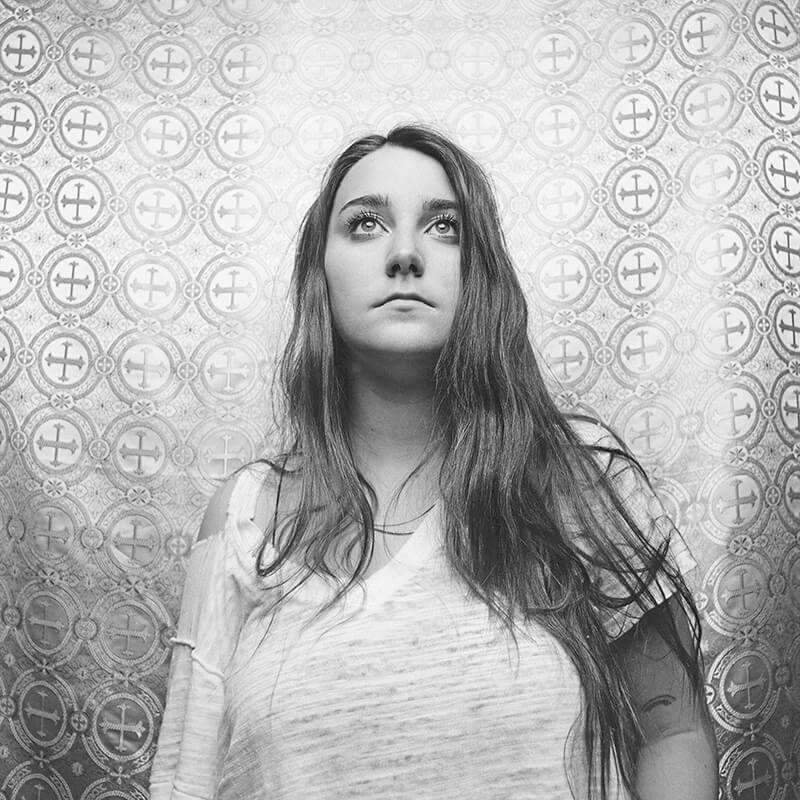
KATIE PRUITT
It sounds almost like the old way of building a career. Now it’s like, just go viral on TikTok [laughs].
That’s exactly what happened, I had to put in the work. Even with a manager connected to all these people can only open the doors, you have to walk through them. They can’t write the songs, it’s all on you. I want it to be my voice, my sound, and it’s hard work. But that’s why it’s so exciting, it’s a fun challenge.
The record, Expectations, is coming up on its one-year anniversary.
It’s so wild to think about, because I didn’t get to tour it or anything [due to the pandemic]. Recording it was a learning curve – my focus was on playing live, and I probably played the songs a million different ways before we hit the studio. I also had to learn how to sing differently, as well. Singing live is different than singing on a record. You have to choose your moments, you can’t just be belting all the time. But when you’re an opening act in a packed room, you’re screaming the notes because you want the people to [listen].
I probably wrote the record over the course of four years. The songs were about my coming of age but also my coming out, my experience as a gay female in the South, raised in a conservative family. So [the record] was kind of like a self-acceptance moment for me in my life, and it was shedding this weight of past social constructs that I had learned and trying to unlearn those things.
I had to accept myself in this world that I was taught wasn’t going to accept me.
How was the rest of the recording process for you?
I picked a producer that was an unconventional choice, he was a friend from the Belmont days. Fast forward three years and he’s got mad producer chops. I went in to do a random demo for a school project and I heard my voice back, and was like, ‘Damn, how did you…? I’ve been looking for that sound!’
There was this connection – he’d heard me grow throughout the years, so he was going to hear it differently as opposed to me trying to explain things to [a producer] I’d never met.
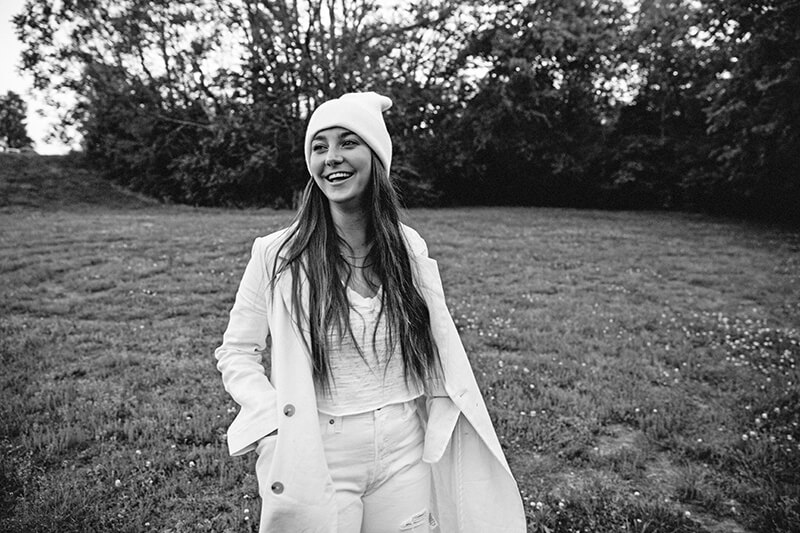
KATIE PRUITT
So, I convinced Rounder Records to hire him right out of college to do my record when he’d never made a record before [laughs]. That was exciting – I got to use my own band. A lot of producers in Nashville tell you that you’re going to use their band that they’re used to recording with. By my producer, Mike, was like, ‘You’re going to use your own band. That’s where you’re most comfortable and where we’re doing to get the best results.’
So, that was a big part in it. It probably took six months total, because I was touring, so probably a month or two total when you squish it down. [The band and I] had built up this chemistry and this musical relationship to where I didn’t have to sit there and explain for an hour that I wanted the drums to sound like this, they would just play and it would be what I was already thinking.
It speaks a lot to Rounder’s experience because they picked you up based on who you were; they didn’t want to then turn you into something else. That’s not what they signed up for.
Exactly. That was, before I signed to a label, the most terrifying part to me. Are they going to come in and want me to be someone different? Rounder let me take the reins, which was cool because I had never had the responsibility to take on that role before. It was a nice challenge.
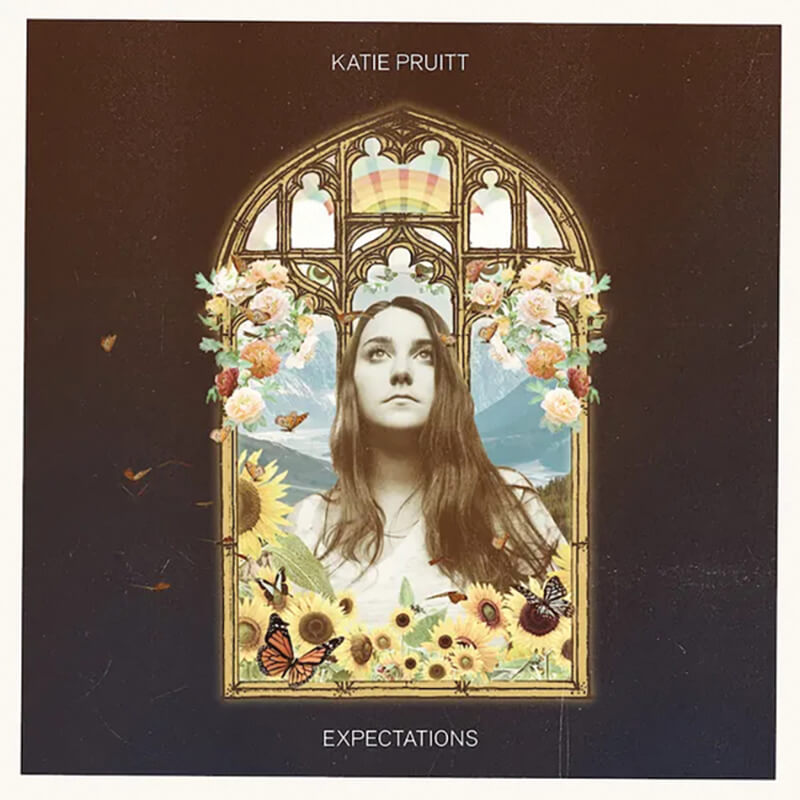
Follow on Instagram @katiepruittmusic
Photos by Michael Weintraub and Alysee Gafjken
